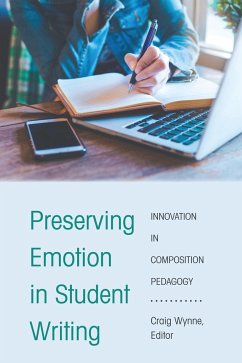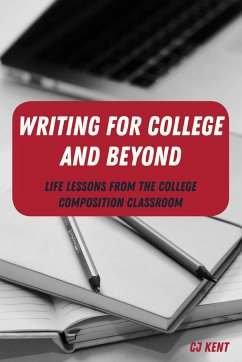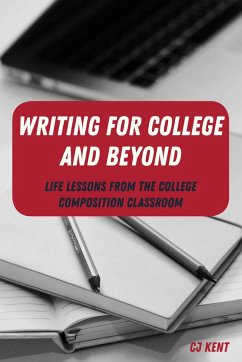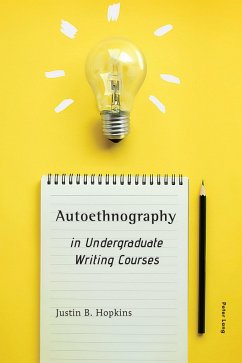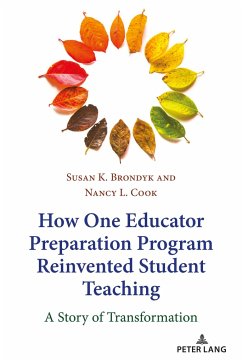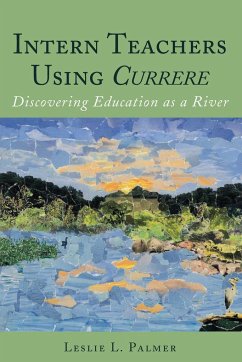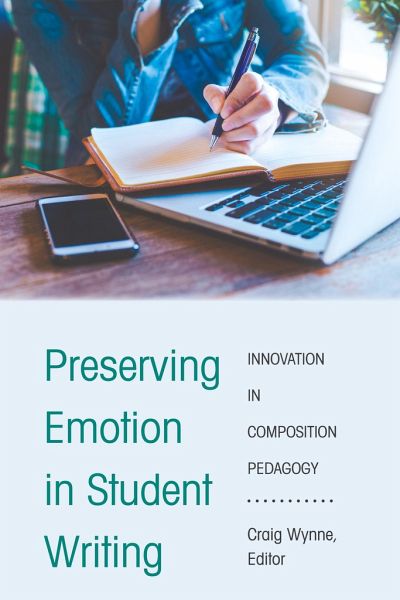
Preserving Emotion in Student Writing
Innovation in Composition Pedagogy
Herausgegeben: Shultz, Staci L.; Kent, CJ; Wynne, Craig
Versandkostenfrei!
Versandfertig in 6-10 Tagen
112,75 €
inkl. MwSt.

PAYBACK Punkte
0 °P sammeln!
The student-instructor dynamic has become more complex in recent years. Writing instructors, in particular, see the vulnerabilities expressed by students in their writing. This book provides a wide variety of theories and techniques for writing teachers on the integration of emotion into writing instruction. Current writing instructors, as well as students of the craft, can benefit from the ideas and strategies offered by a variety of practitioners in the field. This book includes offerings, such as theories in development, empirical studies, and lesson plans designed to benefit writing instru...
The student-instructor dynamic has become more complex in recent years. Writing instructors, in particular, see the vulnerabilities expressed by students in their writing. This book provides a wide variety of theories and techniques for writing teachers on the integration of emotion into writing instruction. Current writing instructors, as well as students of the craft, can benefit from the ideas and strategies offered by a variety of practitioners in the field. This book includes offerings, such as theories in development, empirical studies, and lesson plans designed to benefit writing instructors and their students.





